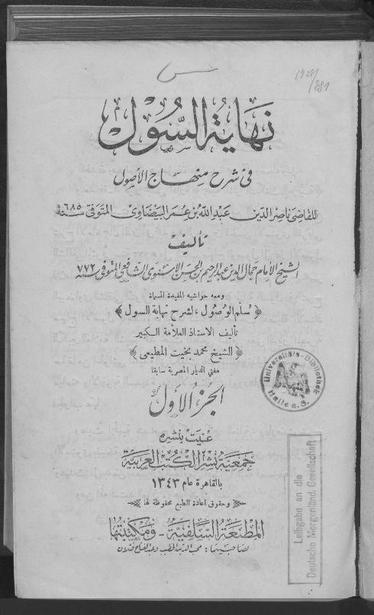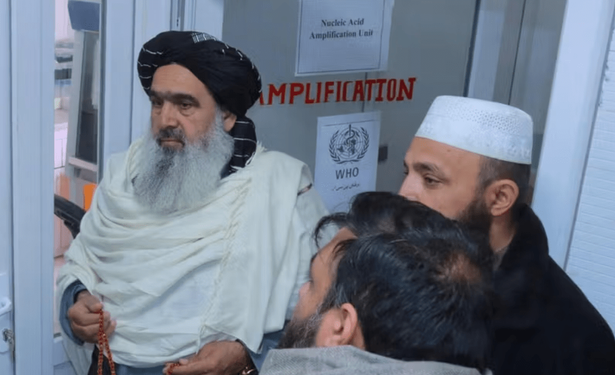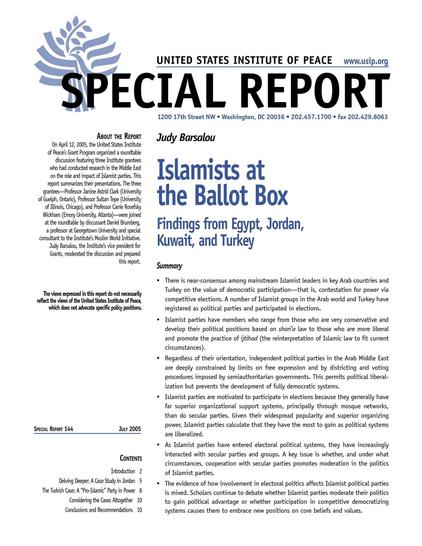MY VLOG: Aurtain| Qanooni Haqooq| Virasat| Nikahnama| Mehr| Talaq| Khula| Bachoan ki virasat
#yasmeenaftabali #pakistan #familylaw #women #heridity #marriagecontract #divorce #khula #childcustody #islamiclaw #womenrights #womenrightsinislam #rights #humanrights #womenrightsinpakistan
Women are unaware of their rights. All answers here. These include heredity rights, nikahnama, divorce, khula, Child custody under Islamic law.




